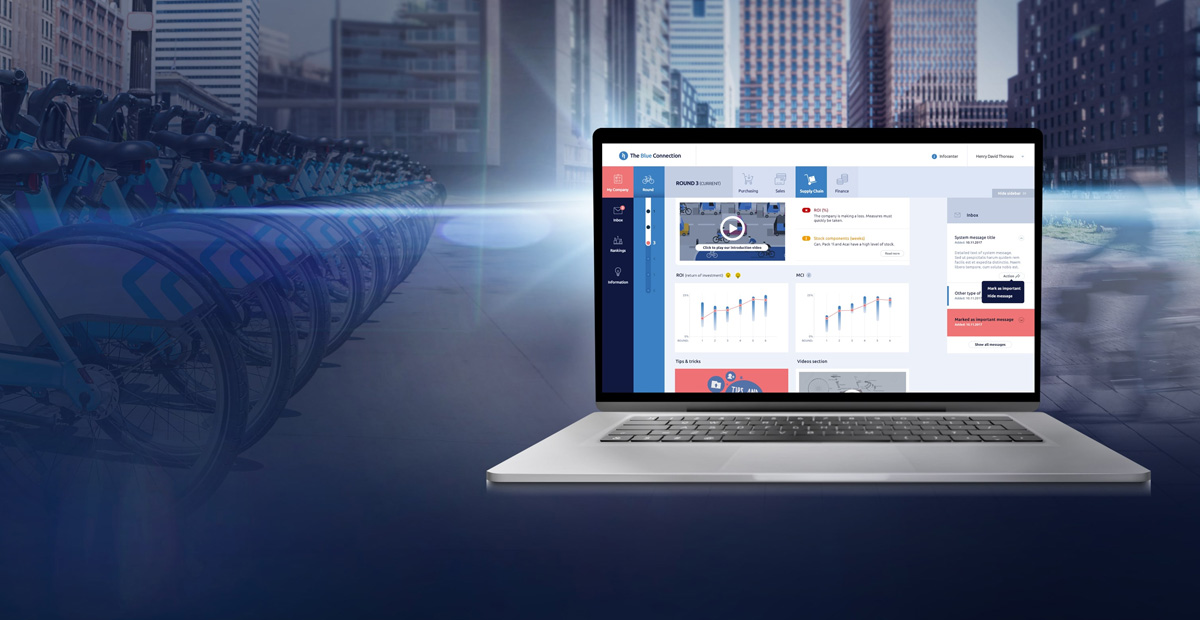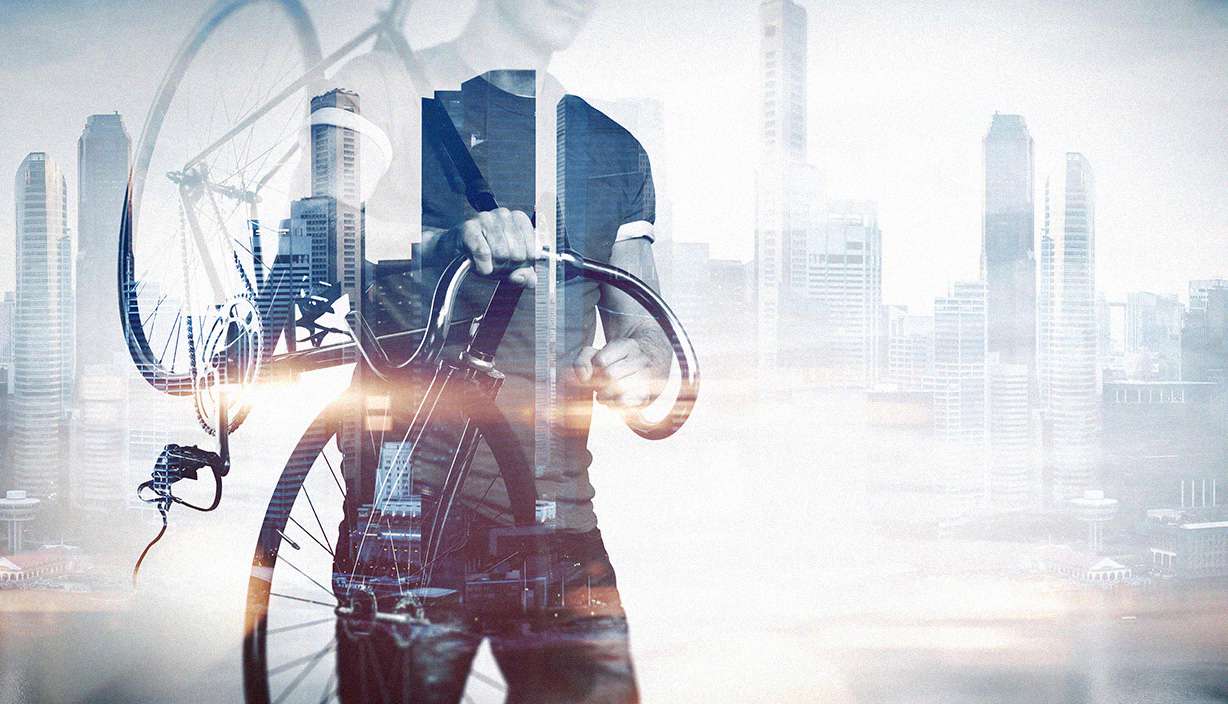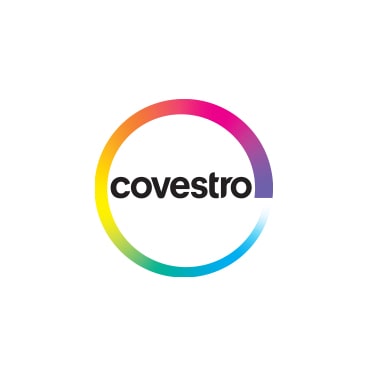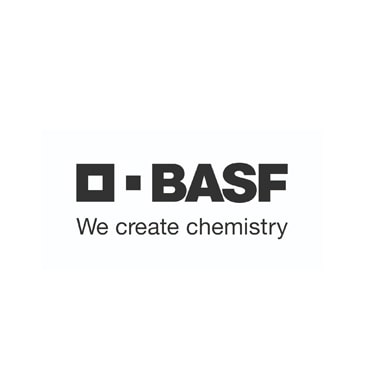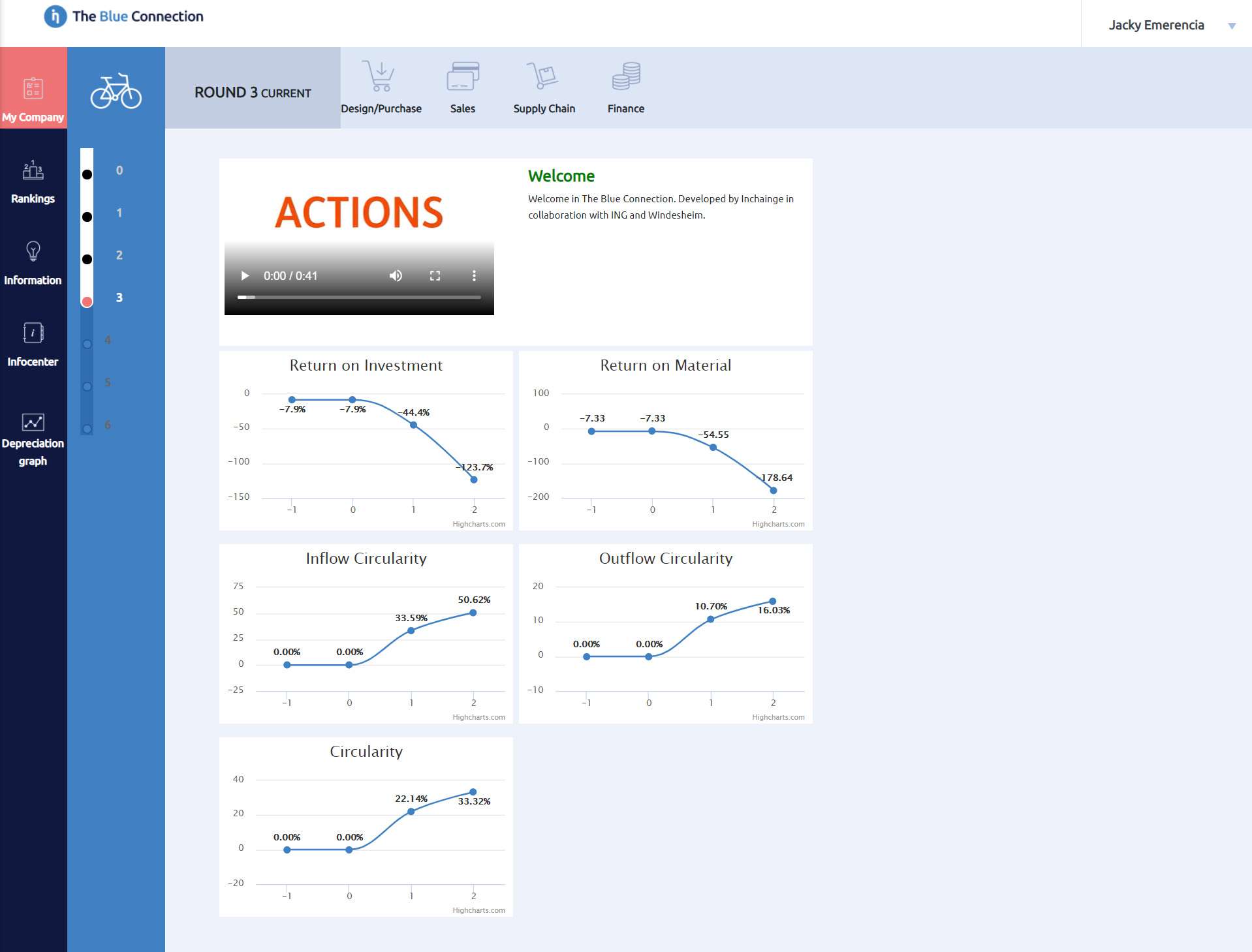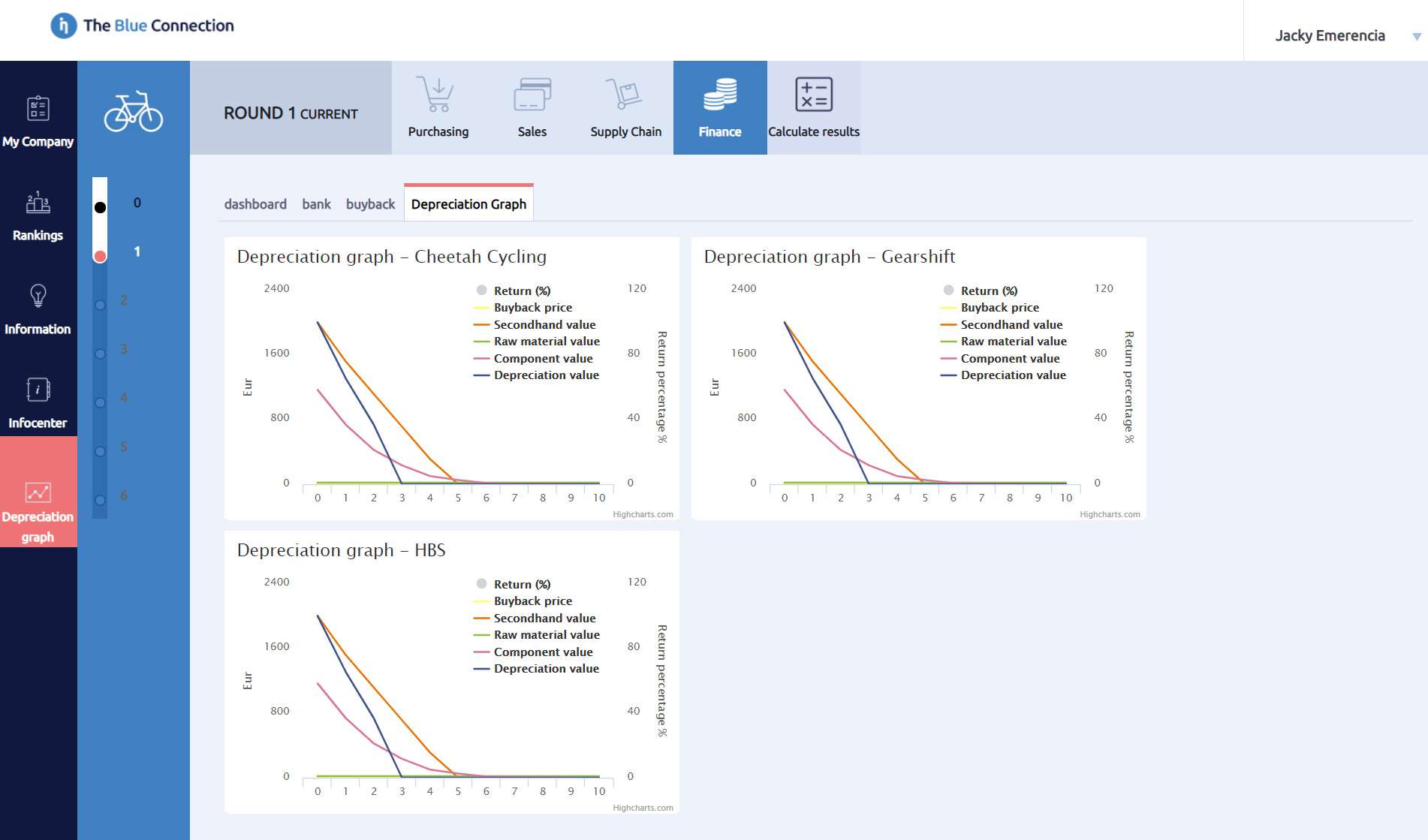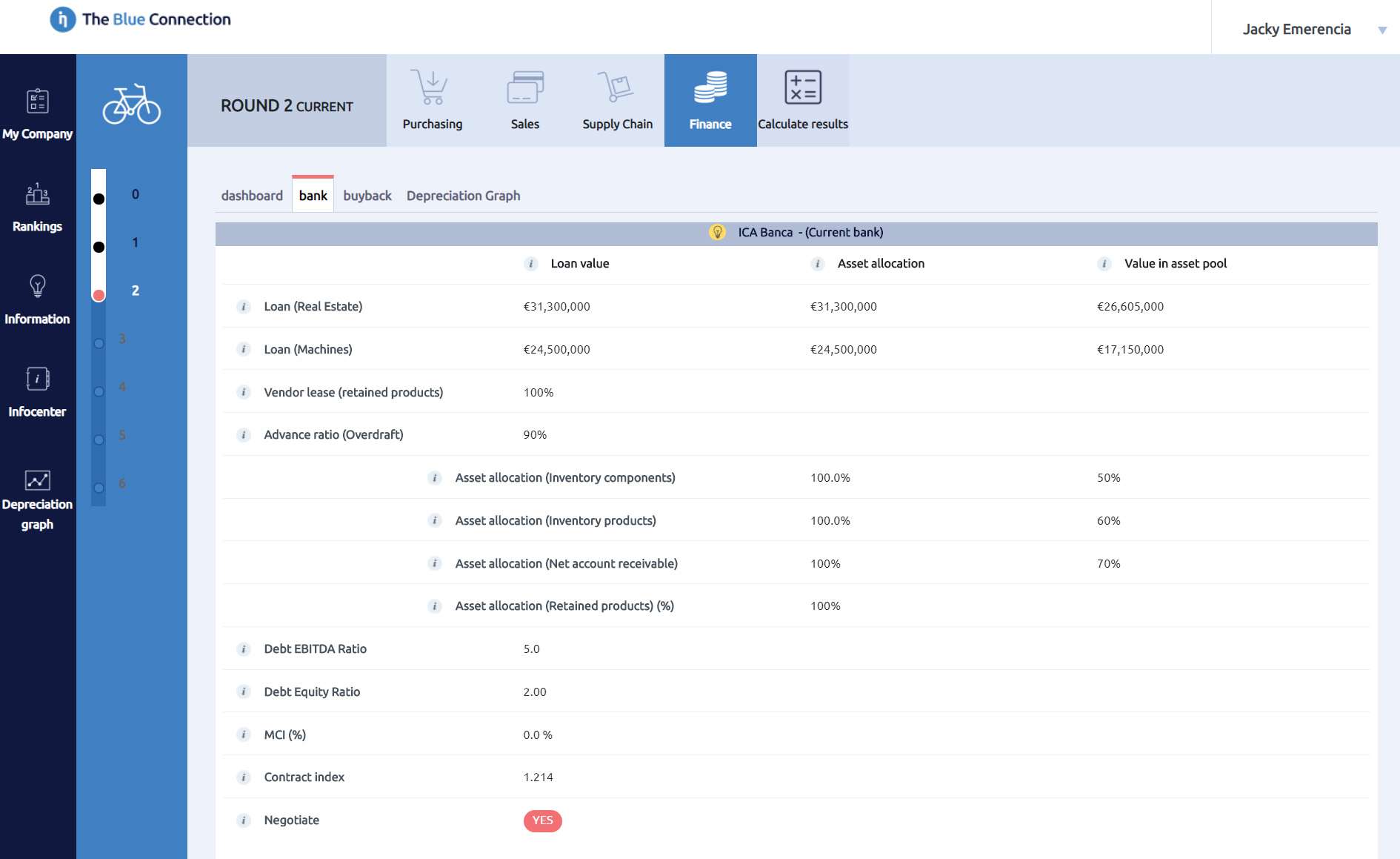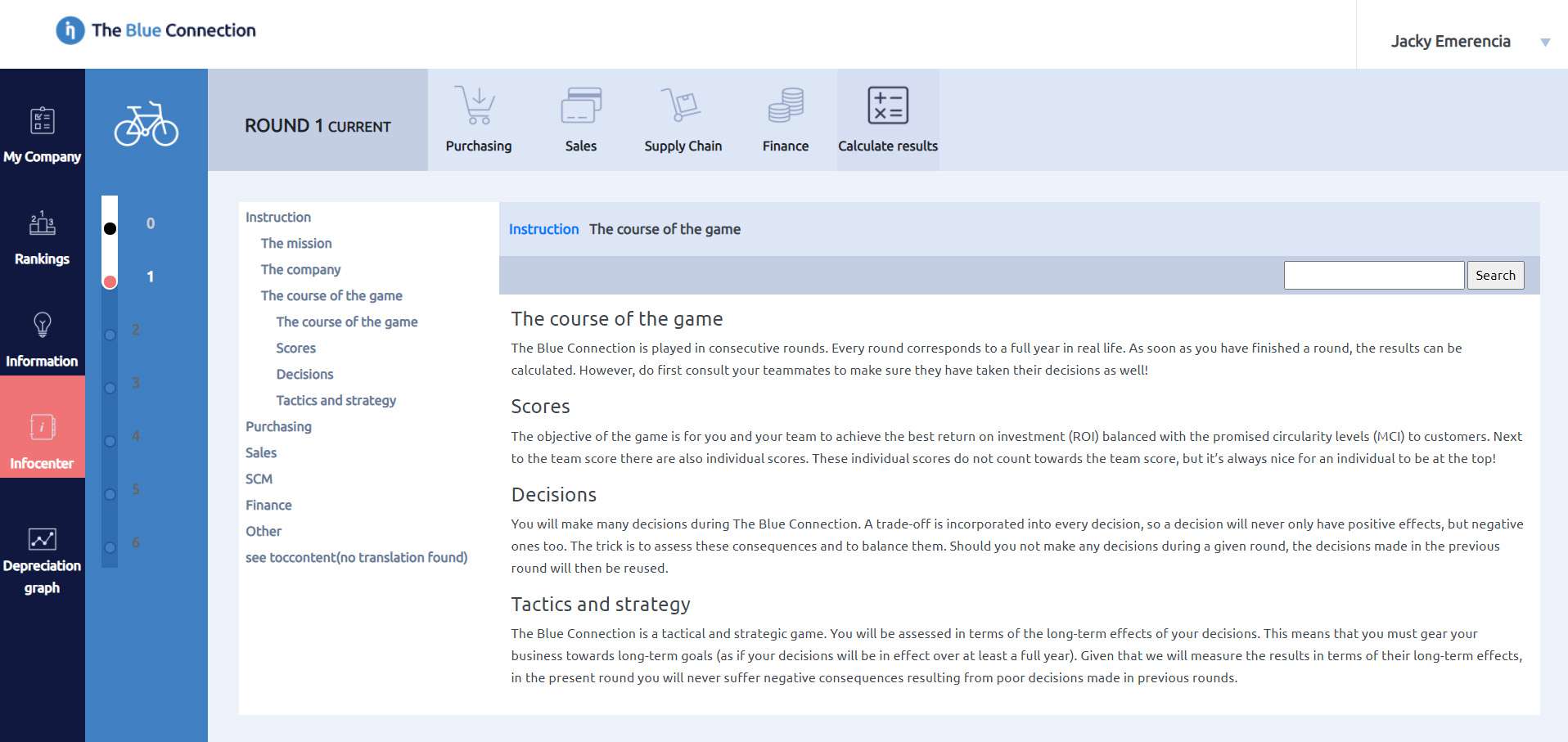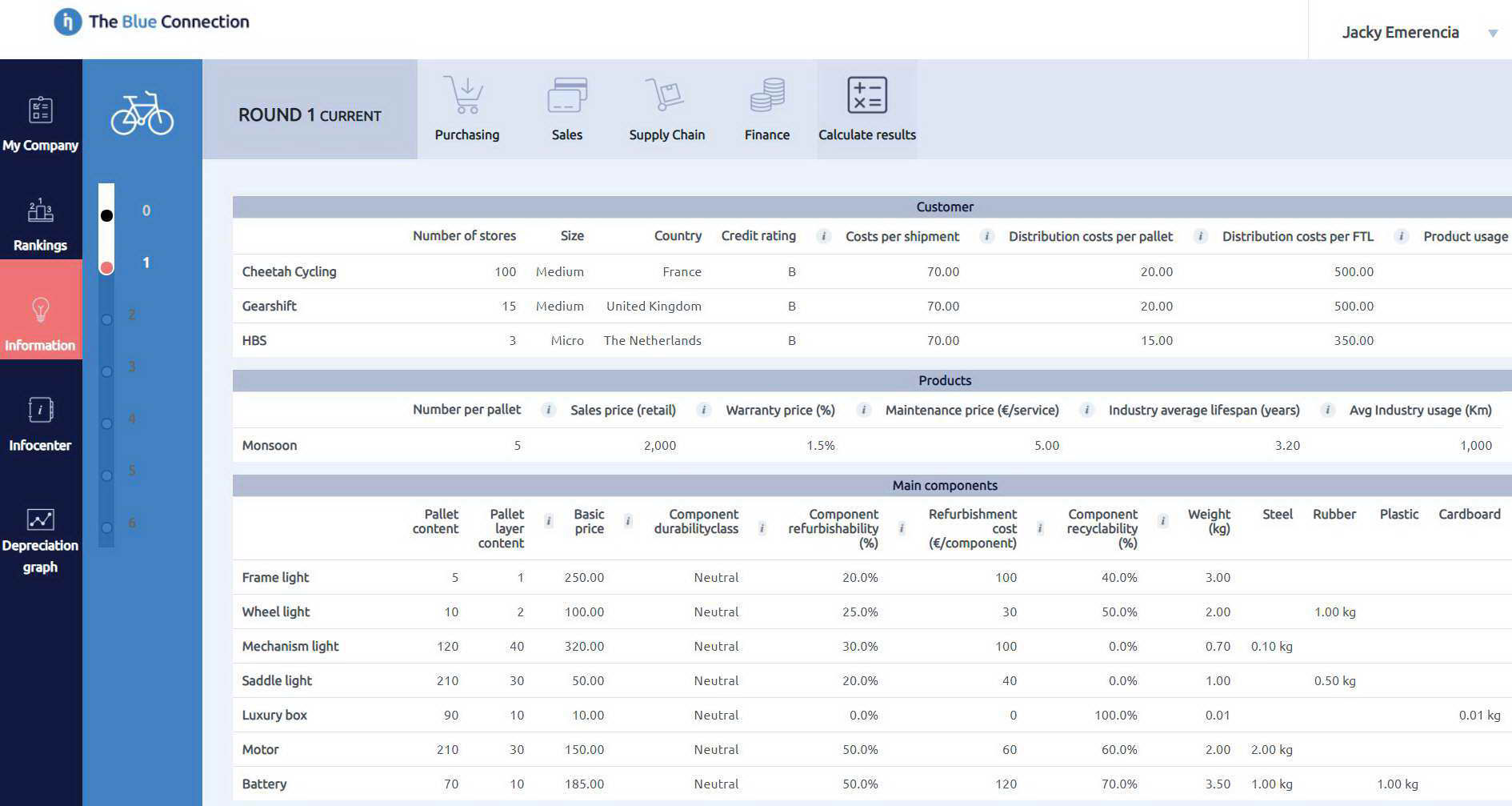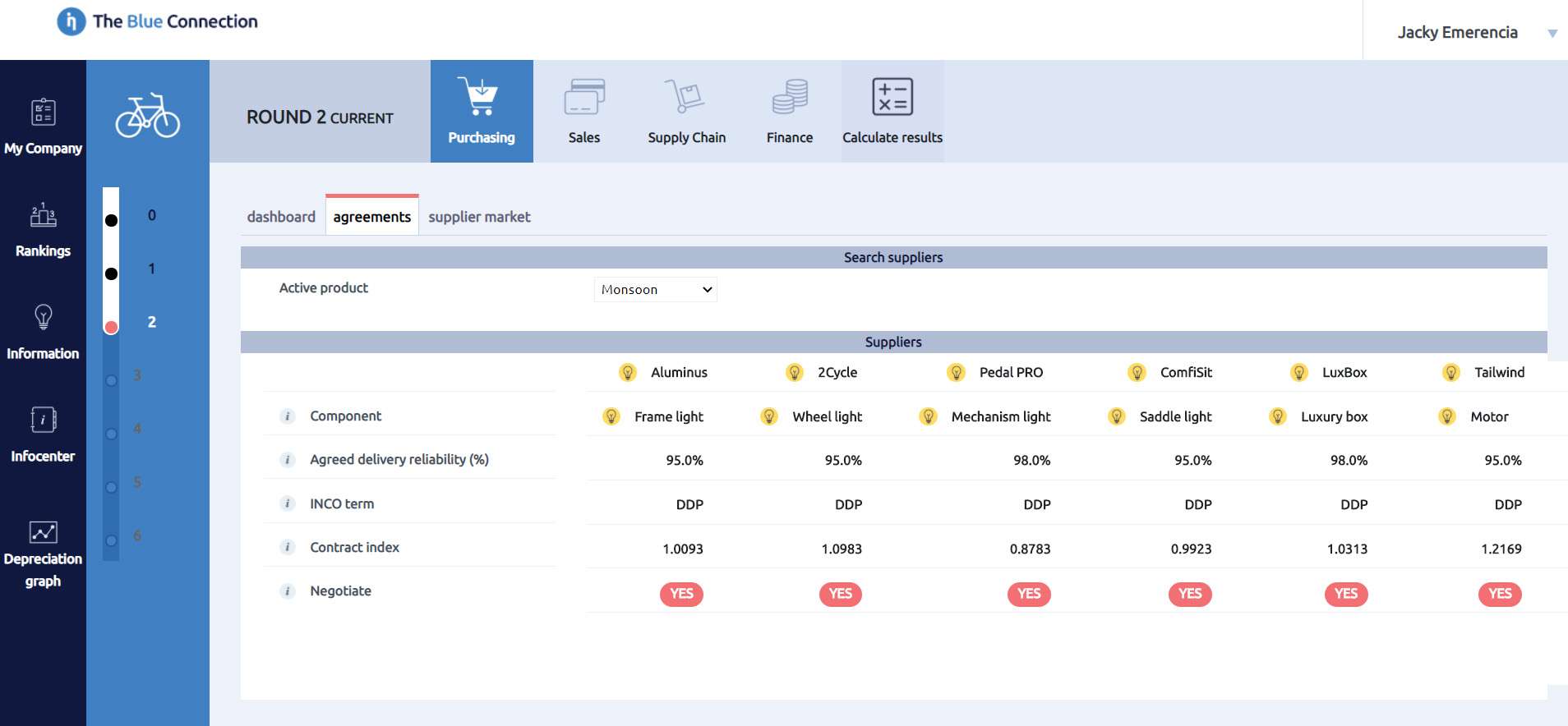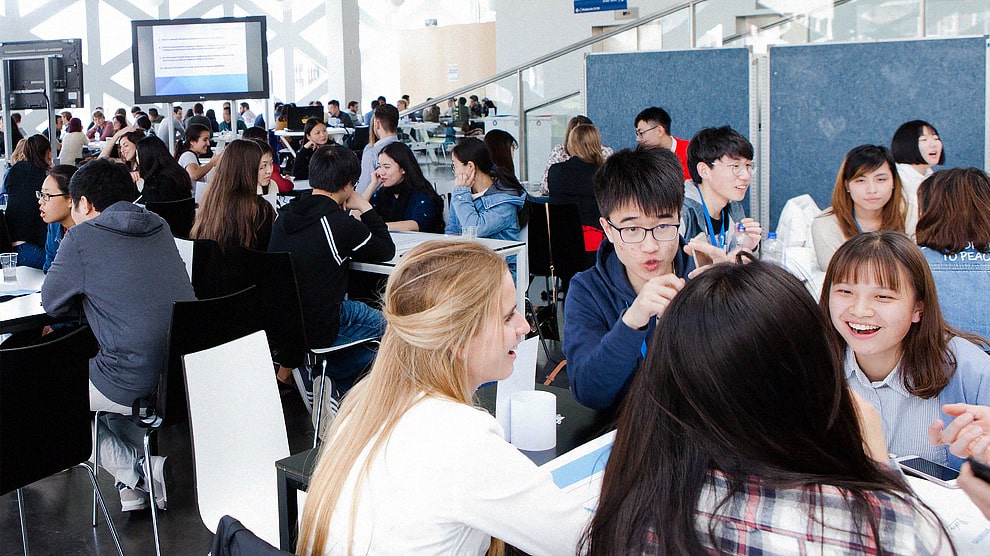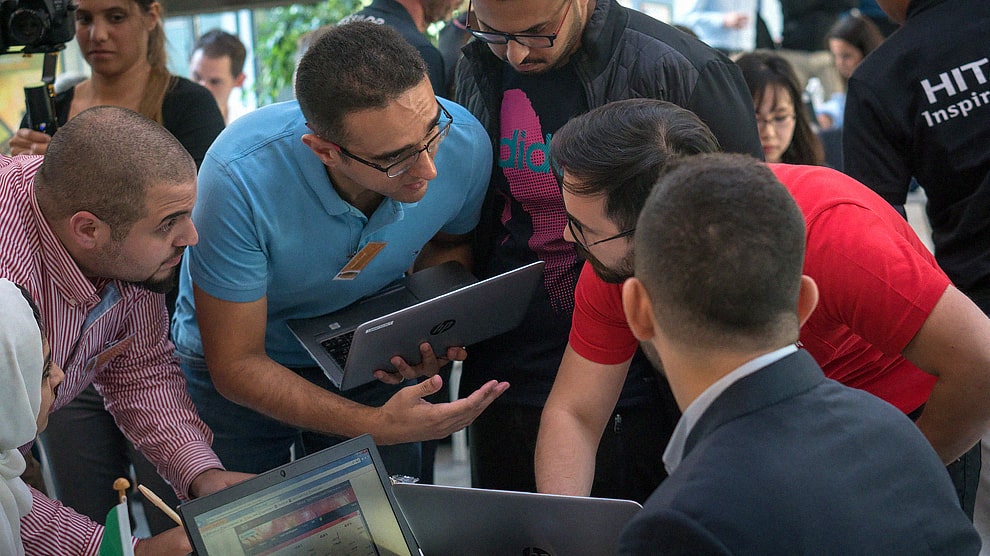Discover The Blue Connection
The Blue Connection is an award-winning, innovative, web-based business simulation game where teams of four step into the shoes of management of a virtual e-bike manufacturing company. Their ultimate goal is to navigate a circular transition while upholding profitability.
In this immersive experience, participants encounter a spectrum of real-life business decisions that require thoughtful trade-offs, strategic finesse, and seamless collaboration across four key departments: Finance, Purchasing, Supply Chain, Sales. They have the unique opportunity to learn by experience by immediately applying circular concepts and theories into practice.
Key Learning Objectives
The circular economy provides
new business opportunities
Learn about the key circular strategies
Learn how to measure circularity
Learn to align circular strategy with your revenue model and cost structure.
Learn how to make circular transition profitable
Testimonials
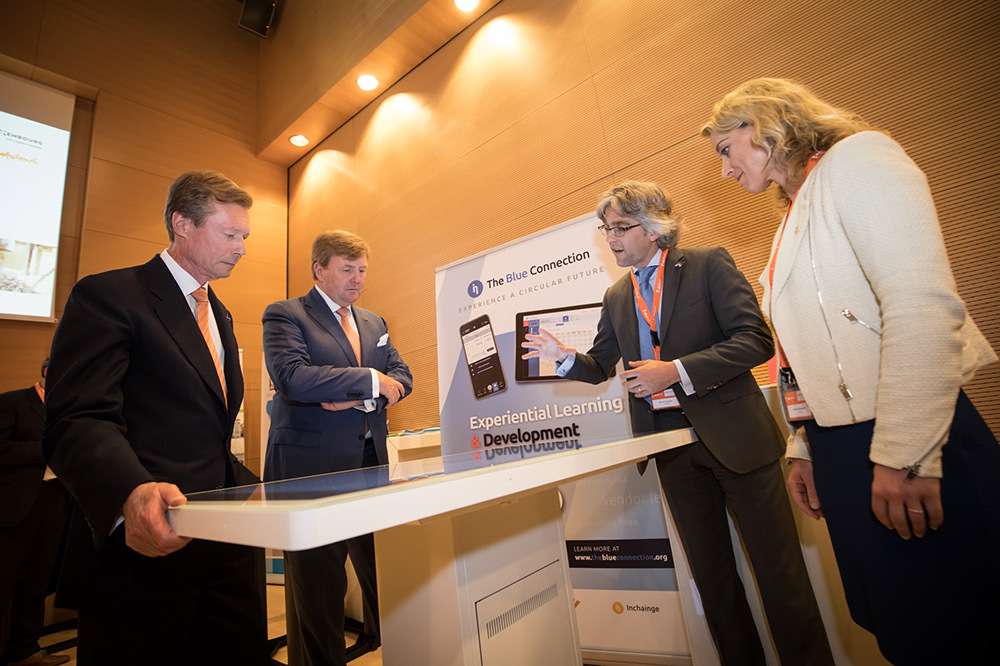
“The Blue Connection allows participants to rapidly understand how circular business models can be applied to a real case. The competition factor add also a lot of fun and facilitates the assimilation of the different strategies.”
Jérôme Petry Attaché, Deputy Director Sustainable Technologies, LE GOUVERNEMENT DU GRAND-DUCHÉ DE LUXEMBOURG, Ministère de l’Économie“Mastering the Circular Economy book is an impressive combination of theoretical frameworks and practical tools on Circular Economy, supported by the online business game on the virtual company ‘The Blue Connection’ of Inchainge. A must have for lecturers in the field of Circular Economy and logistics!”
Hedda van Raalte Lecturer Logistics Management / Supply Chain ManagementTrusted by
Learning solution
Circular Business Transition
It’s increasingly clear that modern businesses need to transform how they operate.
The circular economy provides new business opportunities,
but it also comes with its challenges to go from linear to circular.
What does this mean and which challenges will you encounter?

The world is inhabited by more people, of which a higher share lives in cities and is getting older.
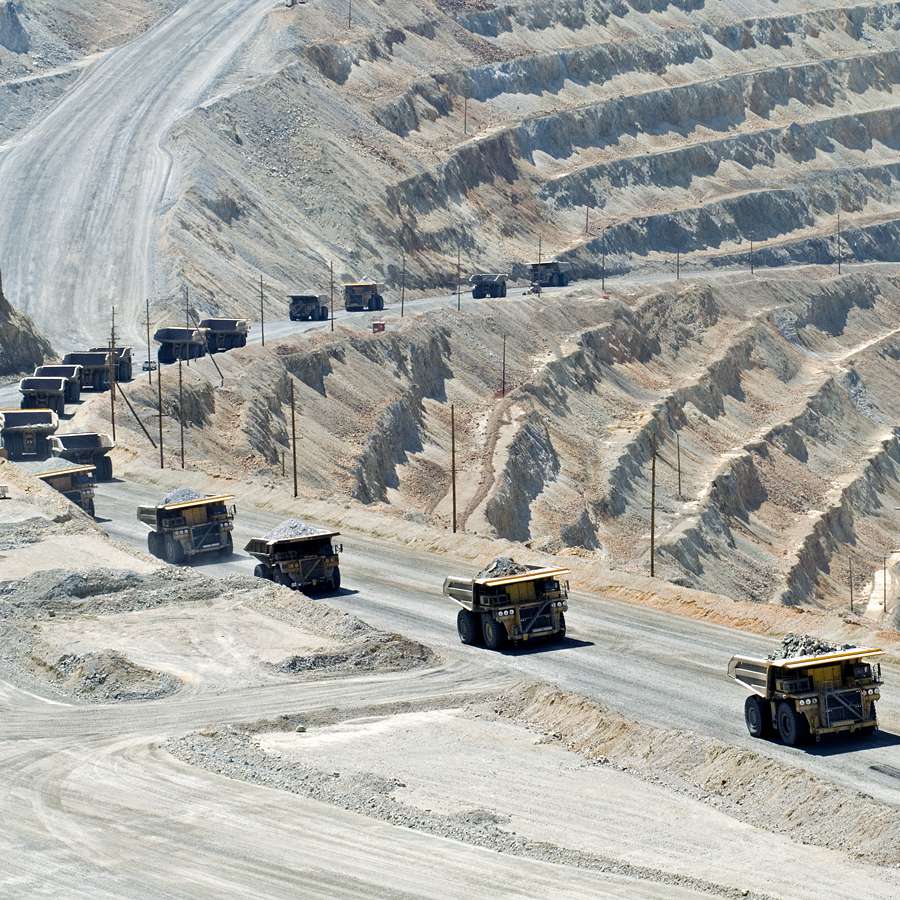
Wealth has increased globally, creating a larger middle class, which uses far more raw materials.

The result is increasing CO2 footprints and waste production. As a result, global consumption currently goes beyond the earth’s regenerative capacity.
Game setup
Participants get to run their own virtual company called The Blue Connection, a manufacturer of e-bikes. Due to the increased demand for companies to transform how they operate and the new business opportunities provided by the circular economy, the e-bike manufacturer hired a new management team to transform the company’s linear value chain to a circular one. Participants will learn how to adopt a circular approach by transition away from a take-make-dispose linear production towards a circular business models.
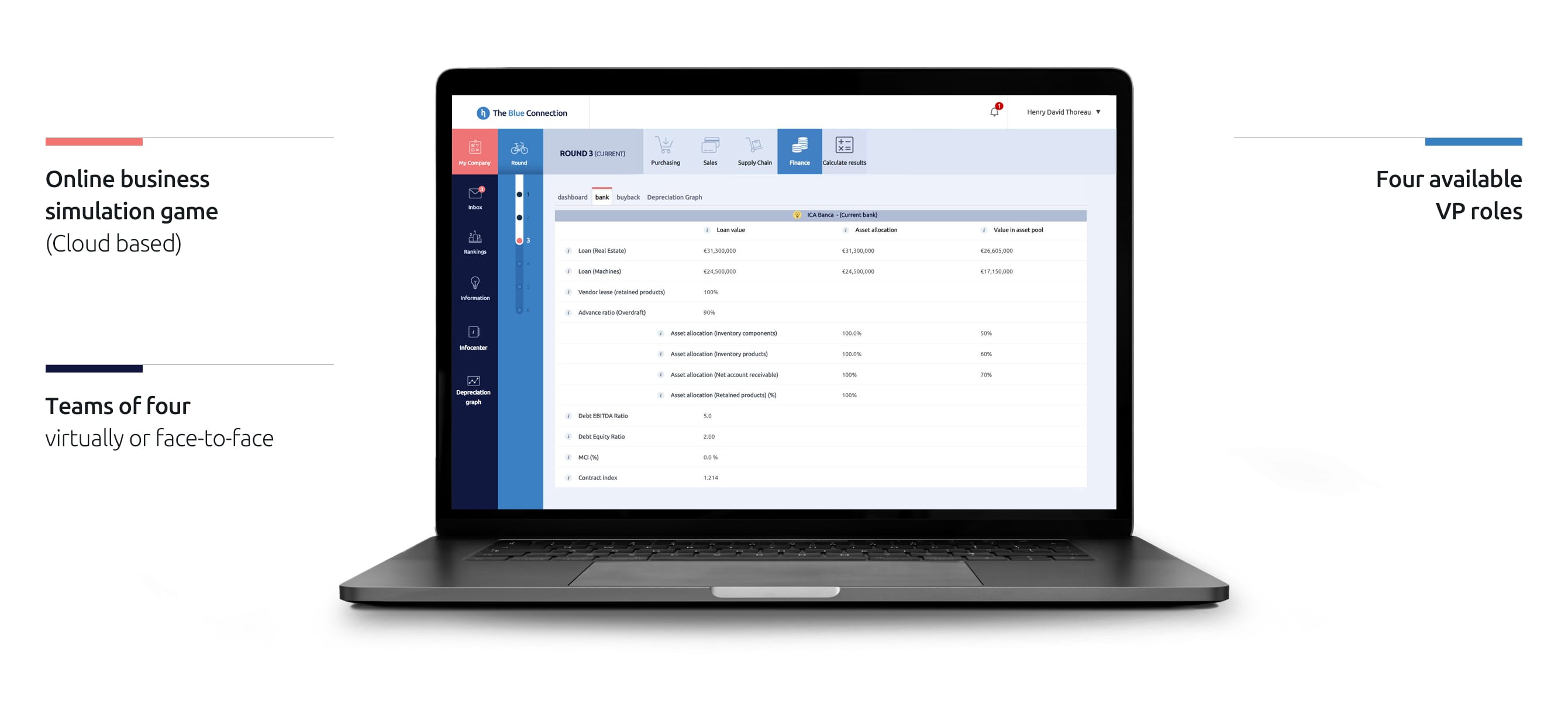
Teams will experience the impact of every decision they make,
not just in their own functional ‘silo’ but across their business, and the entire value chain!
not just in their own functional ‘silo’ but across their business, and the entire value chain!
The VP Sales
Negotiate on sales contracts with your retailers regarding circularity, warranty and the maintenance service of your product.
VP Supply Chain
Collaborate with the right Recycling Service Providers and oversee the cost and process of disassembling, reusing, refurbishing and recycling.
VP Purchasing
Manage the design of your product. Selecting appropriate suppliers to source from and deciding on the quality and recyclability of product components to buy.
VP Finance
Determine a buy back price to create a reverse flow of products. Manage the financial arrangement with the bank and the potential lease agreements.
User interface
The Blue Connection’s simulation software has been designed to be easy to use for anyone, on any platform from PC to tablet. There is no need to read a hefty manual before starting, because all help information is integrated in the game-screens and can be read on a need to know basis.
Customize your experience!
The Blue Connection can be easily tailored to match your learning objectives.
COMPLEXITY LEVEL & LENGTH
Tailored to perfectly fit your audience's background, experience, and learning objectives.
DELIVERY FORMATS
Face-to-face, Online or Hybrid.
NUMBER OF ROUNDS
They can be varied to suit your needs.
The Concept of Learning by doing
A Complex world requires experiential learning

A high-performing circular value chain requires collaboration ffrom across the organization. Adopting a circular approach from a take-make-dispose linear production can be a serious challenge.
How do you adapt to the circular economy? Ideally, you’d like to experiment with different scenarios wherein people learn to overcome various obstacles and learn from best practices. This is where we come in: through our business simulation games, participants have the unique opportunity to learn by experience by immediately putting complex theories into practice.
Advantages of experiential learning:
- Highly Engaging
- Constant & immediate feedback
- Higher Learning Retention Rate
- Ability to apply theory to practice
- Real-world experience minus the risk
- Promotion of teamwork and soft skills
- Cost-effective
Upcoming Trainings & Events | See all
Join us for interactive sessions, training programs, and expert discussions.
Check out our resources
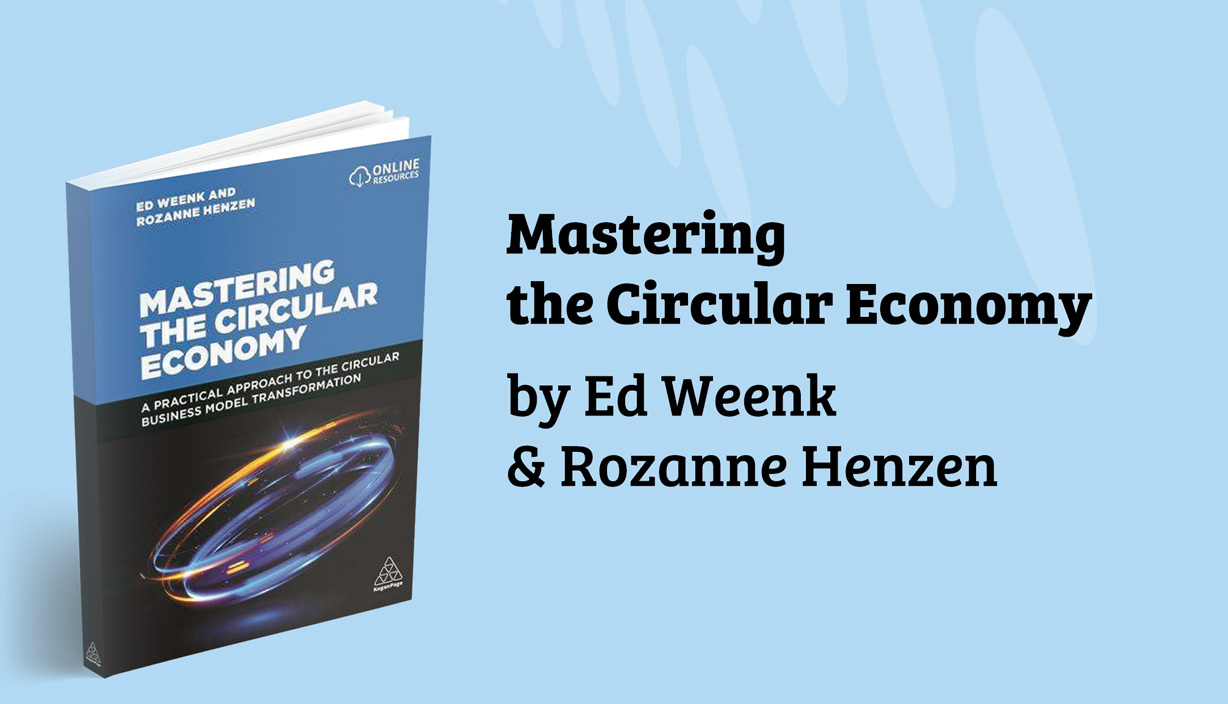
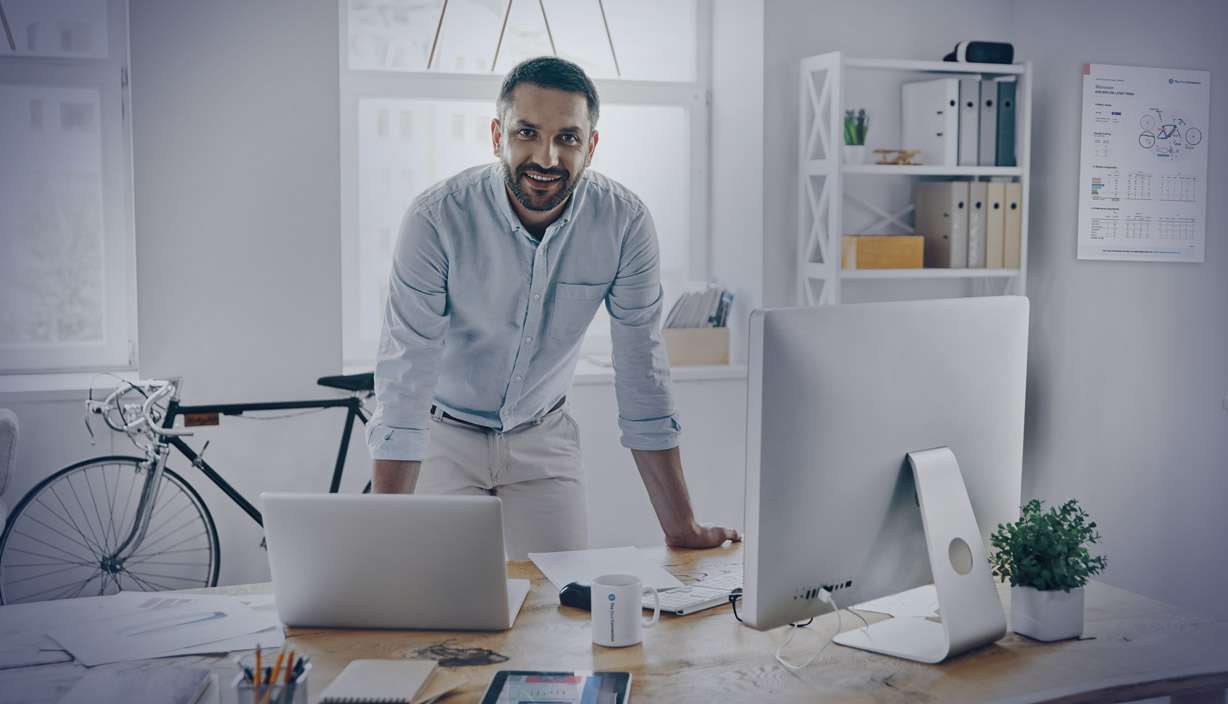
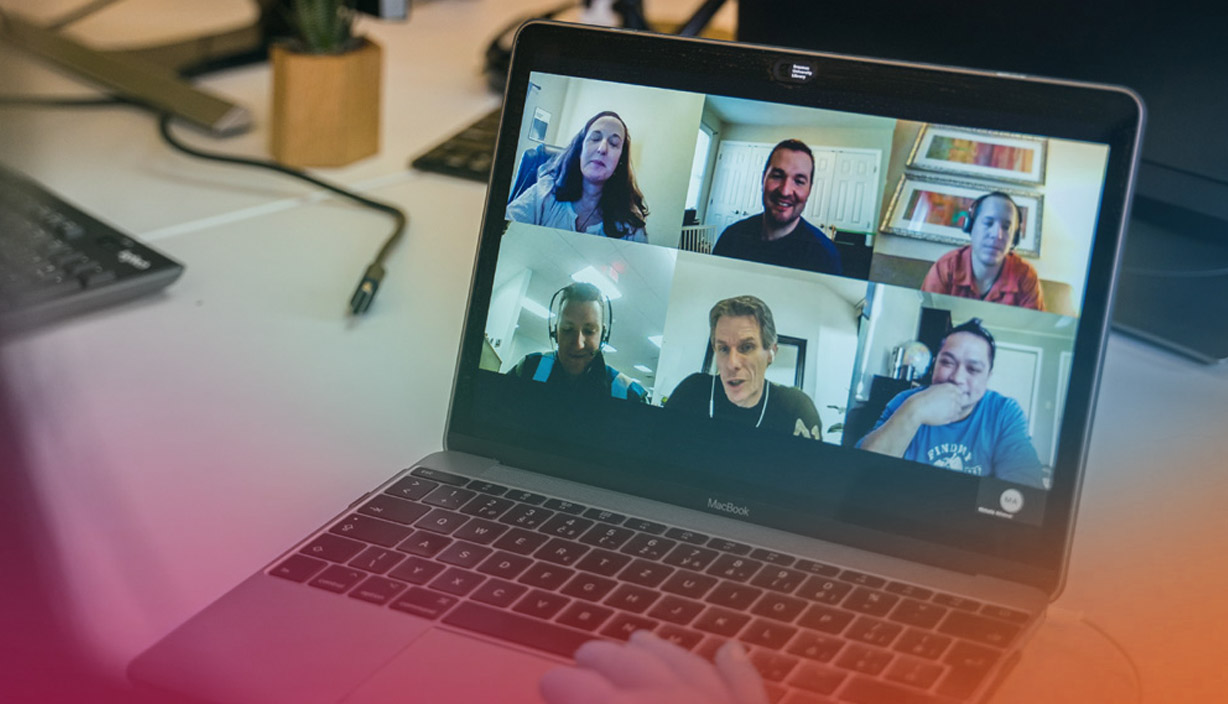
Mastering the Circular Economy
By Ed Weenk and Rozanne Henzen
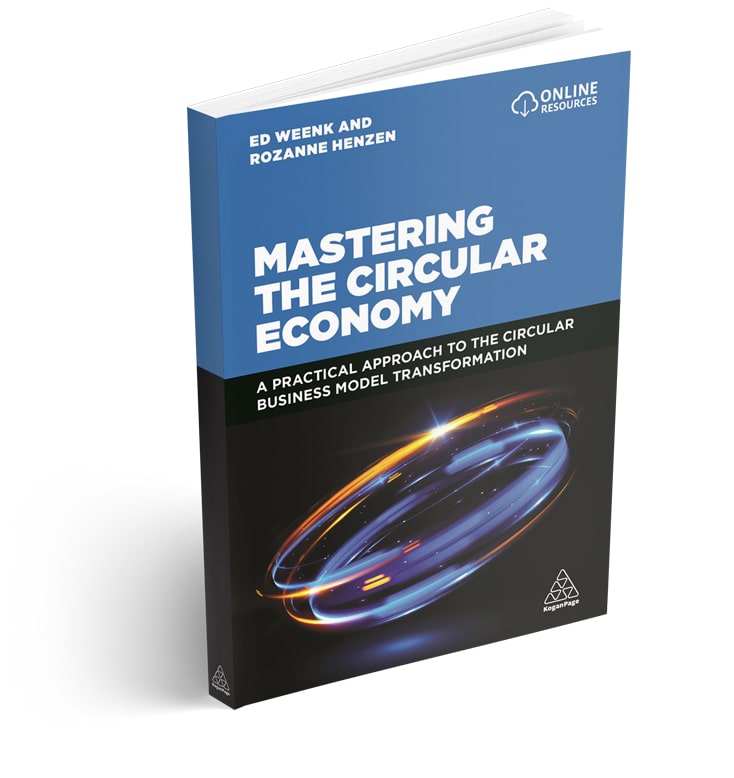
The Blue Connection is now available with textbook. Easy to implement!
Mastering the Circular Economy is an introduction to circularity from a business and value chain management perspective. With many reflections and exercises throughout, the book draws a direct link between relevant recent theory and practice and offers students and practitioners a deeper understanding of the topic.



